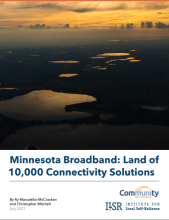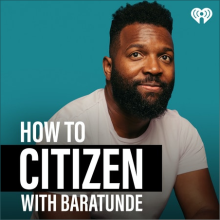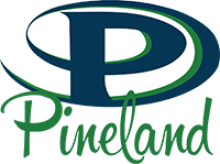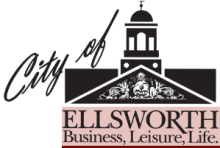Connecting the Last Twenty Percent in Newark - Episode 587 of the Community Broadband Bits Podcast

Newark, New Jersey (pop. 307k) has been operating a dark fiber network for more than a decade. In recent years, the city has expanded its efforts to leverage those assets in an incremental effort to improve connectivity and competition for local business and residents, while also building out a robust Wi-Fi network. The goal: build a portfolio of approaches to connect the last twenty percent of the city that doesn't have access today.
This week on the podcast, Christopher is joined by Aaron Meyerson, Chief Innovation Economy Officer and Director of Broadband, and Anthony Avent, Technical Operations for City of Newark, to talk about the project. From reinvigorating the city's infrastructure with a new public-private partnership, to connecting almost a hundred large business locations, to enabling innovative smart-city applications to fight heat and pollution, to supporting more than 7,200 active Wi-Fi users every day, Newark isn't just sitting around waiting for someone to help solve local challenges. They're stepping up to the plate and tackling them themselves.
This show is 28 minutes long and can be played on this page or using the podcast app of your choice with this feed.
Transcript below.
We want your feedback and suggestions for the show: please e-mail us or leave a comment below.
Listen to other episodes here or see other podcasts from the Institute for Local Self-Reliance here.
Thanks to Arne Huseby for the music. The song is Warm Duck Shuffle and is licensed under a Creative Commons Attribution (3.0) license.







